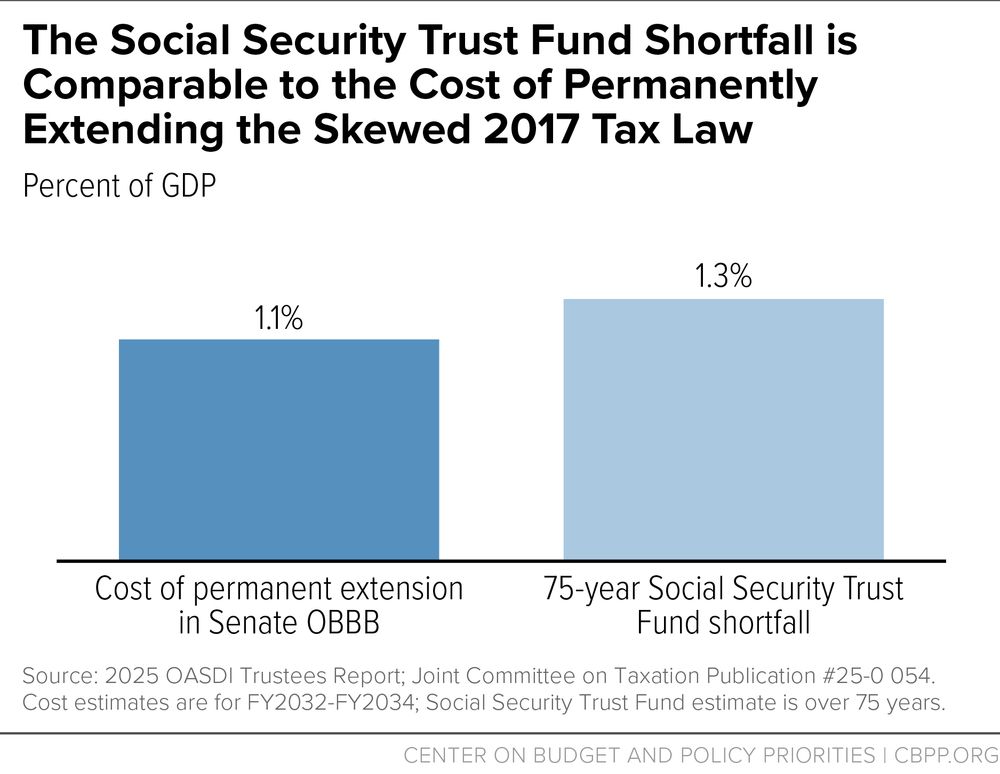Jack Smalligan
@jsmalligan.bsky.social
2.9K followers
47 following
72 posts
Senior Policy Fellow at the Urban Institute. Analyze disability, retirement and paid leave policy. Served 27 years in the Office of Management and Budget.
Posts
Media
Videos
Starter Packs
Jack Smalligan
@jsmalligan.bsky.social
· Aug 15
Jack Smalligan
@jsmalligan.bsky.social
· Jun 30
Reposted by Jack Smalligan
Reposted by Jack Smalligan
Jack Smalligan
@jsmalligan.bsky.social
· May 24








